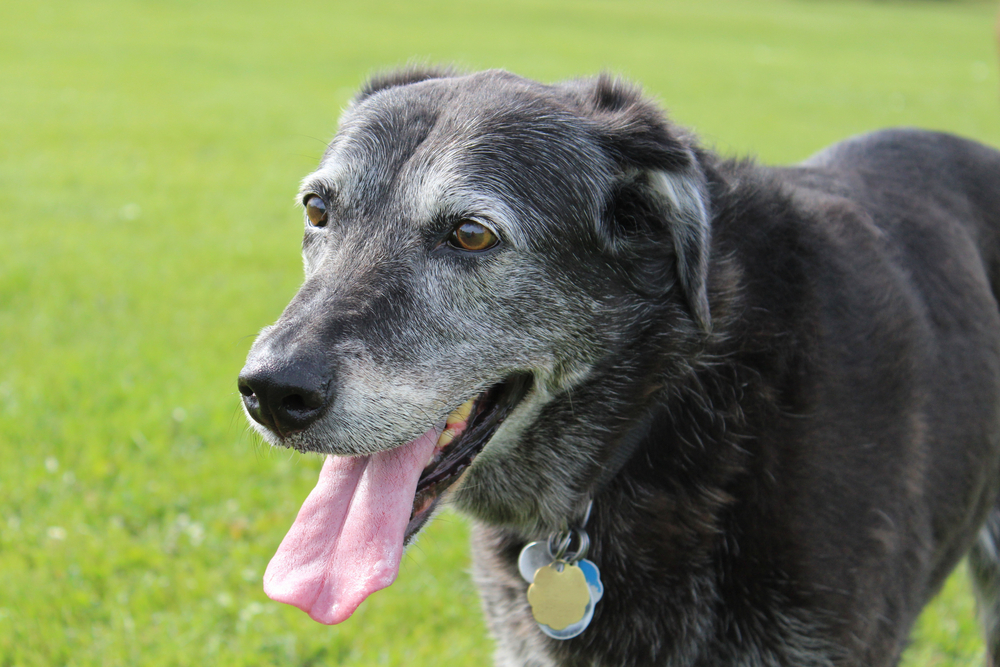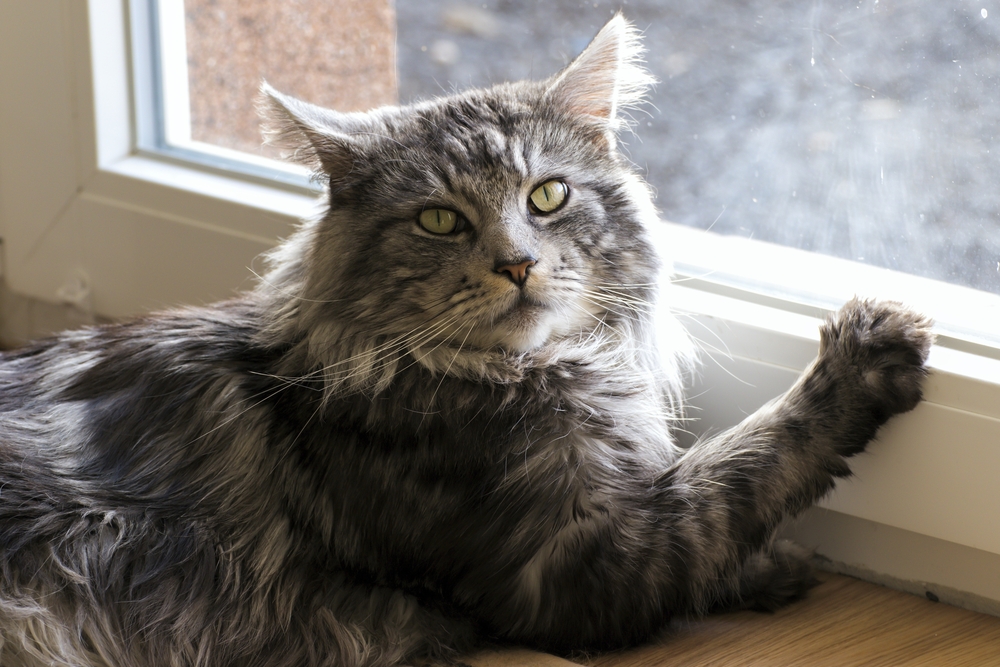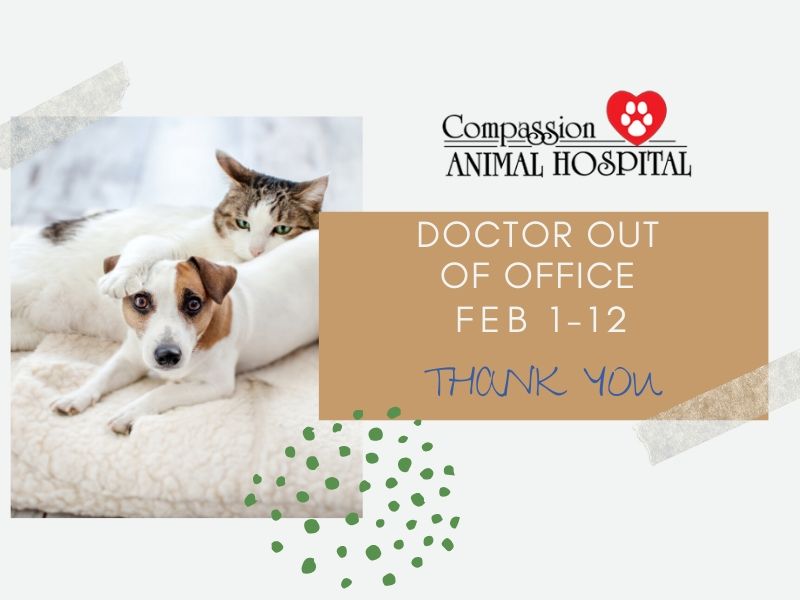
How to Care for Senior Pets
It’s no secret that pets age faster than their two-legged, less-furry best friends (humans). They become senior pets much sooner than we do, too. Although our pets might be getting older, there’s no reason they have to lose the energetic, playful spirit of the puppy or kitten that lives inside them. With the proper care, your senior pet’s golden years can truly sparkle!
5 Tips for Taking Care of Senior Pets

1. Wellness Appointments
It’s always best to detect, diagnose, and treat illnesses in cats and dogs as soon as they arise. We recommend more frequent checkups for senior pets. With appointments scheduled every six months, we monitor our patients closely for signs of age-related disease or other health concerns.
2. Adjust Surroundings
Senior pets commonly encounter age-related mobility issues. You can make it easier for them to get around by making some accommodations in your home. Purchase elevated food and water bowls, an orthopedic pet bed, and add stairs or a ramp onto the couch or bed.
3. Be a Vigilant Observer
Sometimes, it can be tricky to tell when your pet isn’t feeling well. After all, pets have no way to tell us when they aren’t feeling well or when they’re in pain, and most pets instinctively try to mask or hide signs of illness.
Senior pet owners should be aware of the signs of pain and illness in pets. Any unexplained changes in your pet’s behavior, routine, appearance, attitude, or energy level could indicate an underlying problem.
4. Feed an Age-Appropriate Diet
Senior pets have different dietary needs. Consider switching your older pet to a food that’s formulated especially for them.
5. Consider Nutritional Supplements
Some pets with age-related health problems can benefit from a variety of nutritional supplements. Talk with our veterinarian about whether vitamins could benefit your pet.

Schedule a Senior Pet Care Appointment in Woodland Park
Knowing exactly when a pet becomes a senior varies based on breed, size, and species. Generally, dogs are considered to be seniors at around six or seven years of age and cats at around age 11. If you’re caring for an older pet, we encourage you to talk with Dr. Cooper at Compassion Animal Hospital about adjusting your pet’s wellness care routine. Typically, senior pets visit the veterinarian two times a year for health screenings, physical examinations, and vaccination updates. To learn more, contact our office today.






